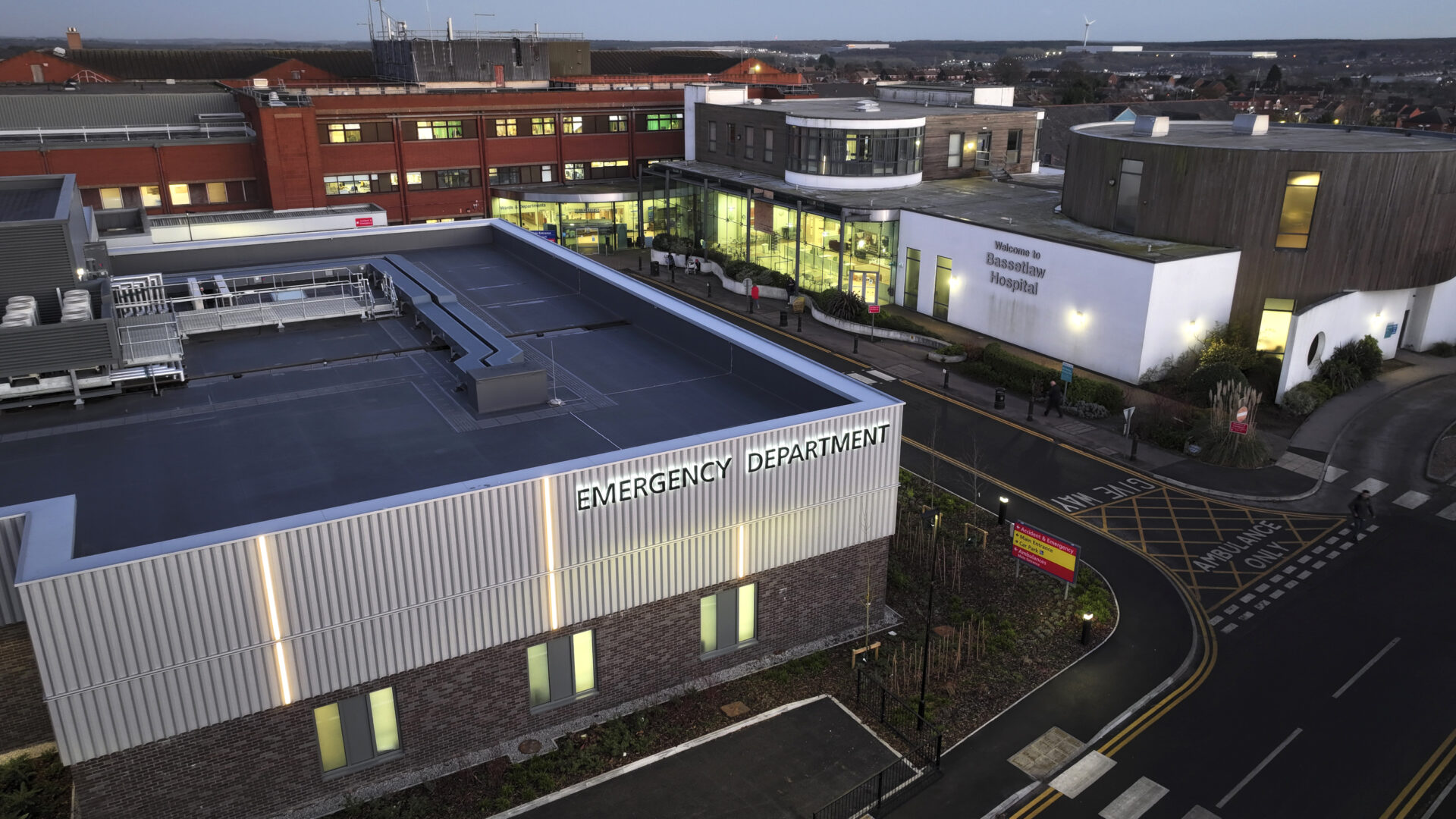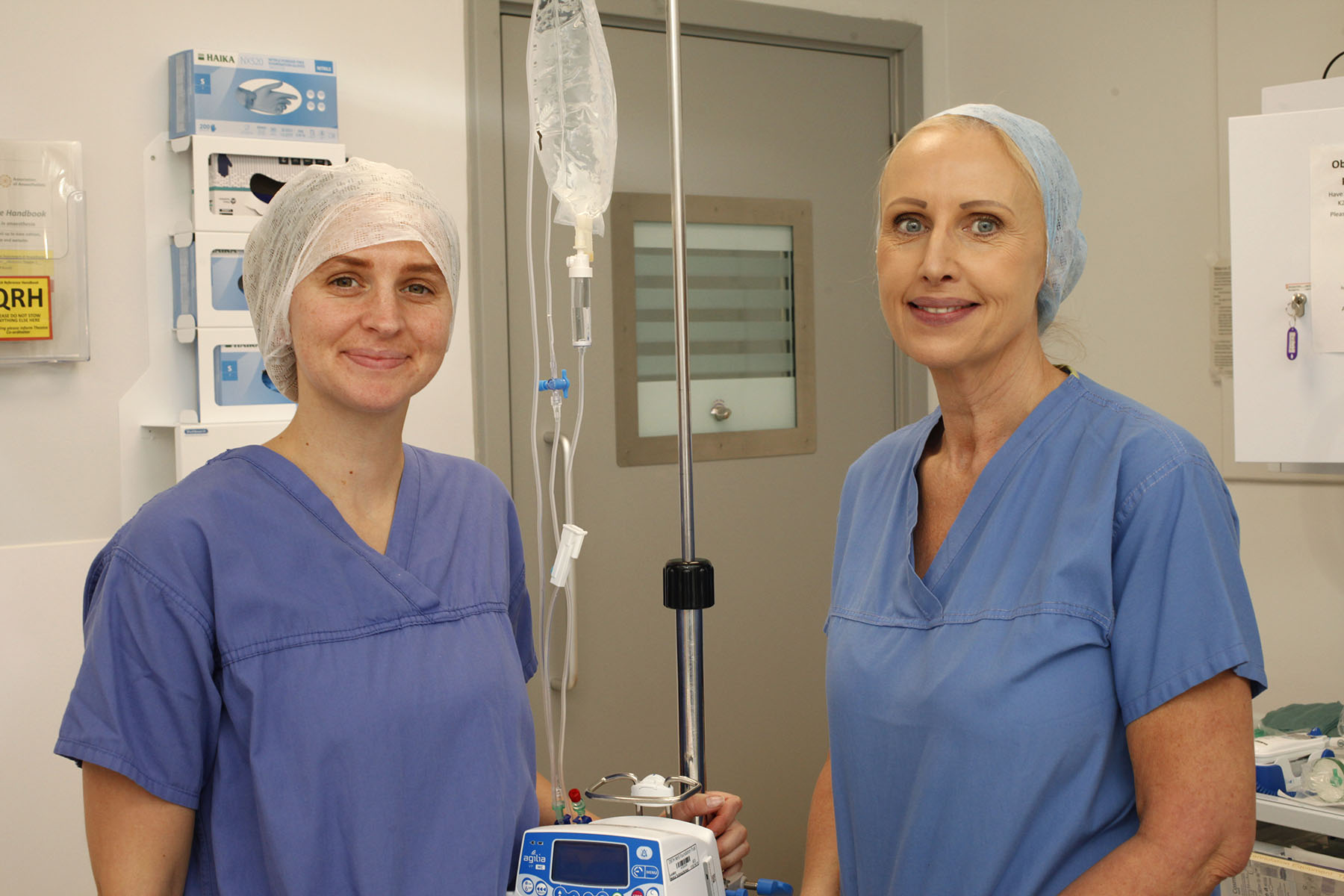At Doncaster and Bassetlaw Teaching Hospitals (DBTH), we understand that waiting for care can be difficult.
While we’re working hard to see and treat everyone as quickly and safely as possible, we want to make sure you feel informed, supported and empowered while you wait.
Accessibility:
For another, unlisted language, please head to https://translate.google.co.uk/
This page brings together useful information to help you prepare for your appointment, look after your physical and mental health, and access support if you need it.
On this page:
- Understanding your wait
- Managing your appointment
- Patient Initiated Follow-Up (PIFU)
- Preparing for your visit
- Staying healthy whilst you wait
- Contact us or raise a concern
- Your questions answered

Understanding your wait
We’re working hard to bring down waiting times and reduce the length of our waiting lists. We know every week matters, and we’re doing everything we can to see and treat patients as quickly, safely and fairly as possible.
Did you know? You can view average waiting times for treatment and procedures at our hospitals using the national My Planned Care service.
This website includes:
- Average waiting times by specialty.
- Information on preparing for your appointment.
- Advice on managing your health while you wait.
Please remember that waiting times can vary based on clinical need and personal circumstances. If you have questions about your care, speak with your hospital team or GP.

Managing your appointment
If you need to cancel, rebook, or check the details of your appointment, it’s quick and easy to do:
- Call: 01302 642500
- Email: dbth.contactcentre@nhs.net
- Use the NHS App: www.nhs.uk/nhs-app
- Access the Patient Portal: https://drdoctor.thirdparty.nhs.uk/dbth
You may receive text messages from 07860 039 092 – this is a legitimate number we use to confirm or update your appointment details.

Patient Initiated Follow-Up (PIFU)
Some patients are placed on a Patient Initiated Follow-Up (PIFU) pathway. This means you don’t have routine follow-ups booked but can request one if needed.
This can help reduce unnecessary appointments while giving you more control over your care. Your hospital team will let you know if PIFU is suitable for you.
To learn more, visit: www.dbth.nhs.uk/services/outpatient-appointments/patient-initiated-follow-pifu
Preparing for your visit
A little preparation can help your appointment go smoothly and make your visit more comfortable. Here’s what to think about before you arrive:
Getting here
It’s a good idea to plan your route in advance, especially if you haven’t visited the hospital before. You can find directions and site maps on our website:
- Maps and directions for all hospital sites: www.dbth.nhs.uk/patients-visitors/maps-and-directions
- Parking: Most of our hospital sites have parking available for patients and visitors, including disabled parking bays. Full details of charges, locations, and payment methods can be found here: www.dbth.nhs.uk/patients-visitors/parking
- Park and Ride (Doncaster Royal Infirmary only): A free Park and Ride service is available between Doncaster Dome (DN4 7PD) and Doncaster Royal Infirmary. It runs frequently throughout the day and drops you off directly outside the main entrance. For timetable and details: www.dbth.nhs.uk/park-and-ride
What to bring
To help your appointment run smoothly, please bring:
- Your appointment letter or text confirmation.
- A list of any medications you’re currently taking (or bring the packaging if unsure).
- Any samples, notes, forms or test results your care team has asked for.
- Glasses, hearing aids or mobility aids if you use them.
- A book, device, or something to do while you wait.
- A drink or snack, particularly if you’re diabetic or attending a longer appointment. Please note we do have a number of eateries available on our sites.
If you’re bringing someone with you for support, please check whether any visitor restrictions apply in advance of your visit.
Accessibility and extra support
If you have any additional needs — such as a mobility aid, hearing loop, interpreter, or accessible facilities — please let us know as soon as possible so we can make arrangements ahead of time.
- Call: 01302 642500
- Email: dbth.contactcentre@nhs.net
We’ll do everything we can to make your visit as easy and comfortable as possible.

Staying healthy while you wait
Making small, positive changes can support your recovery, improve your wellbeing and even reduce the risk of complications when your treatment begins.
Here are some trusted NHS resources to support you:
Quit smoking
Stopping smoking can improve healing, reduce the risk of infection, and make anaesthesia and recovery safer. Visit: www.nhs.uk/better-health/quit-smoking
Manage your weight
Maintaining a healthy weight can reduce strain on your body and improve outcomes for many conditions. Visit: www.nhs.uk/better-health/lose-weight
Get active
Even gentle movement can ease pain, boost mood and help keep you strong while you wait. Visit: www.nhs.uk/better-health/get-active
Take your medication
It’s important to continue taking any prescribed medication — and only stop or adjust doses on the advice of your GP or hospital team. Keeping up with your medicines can help manage your symptoms and prepare your body for treatment. Visit: www.nhs.uk/medicines
Look after your mental health
Waiting for treatment can be stressful. The NHS Every Mind Matters hub offers support with anxiety, low mood, sleep and more. Visit: www.nhs.uk/every-mind-matters/mental-health-issues
Live well
Explore the full NHS Live Well site for advice on everything from diet and alcohol to sleep and stress. Visit: www.nhs.uk/live-well

Further support
If you’re finding things difficult while you wait — whether emotionally, financially or practically — you’re not alone. There are services and organisations that can offer extra help and support.
Financial help and everyday costs
Your health can sometimes affect your ability to work or manage day-to-day expenses. You may be able to get support with:
- Travel costs to hospital appointments: www.nhs.uk/nhs-services/help-with-health-costs/healthcare-travel-costs-scheme-htcs
- Benefits, debt advice and other financial support: www.citizensadvice.org.uk
Support for carers
If you care for a friend or family member, there’s help available for you too. This includes advice, financial support, and help to balance your own health needs.
You can also speak to your GP practice or local council for carer support services.
Coping with anxiety about treatment or hospitals
Feeling nervous about coming into hospital, undergoing a procedure, or being in a medical setting is completely normal. Please let our team know if you’re feeling anxious — we’re here to listen and help.
- You can also explore NHS advice at: www.nhs.uk/mental-health/conditions/anxiety
Information in other languages or formats
If you need any of this information in a different format — for example, large print, easy-read or translated — please get in touch:
- Call: 01302 642500
- Email: dbth.contactcentre@nhs.net

Contact us or raise a concern
If you’re unsure about anything or need help while waiting for care, our team is here for you.
- Call: 01302 642500
- Email: dbth.contactcentre@nhs.net
To share feedback or raise a concern, contact our Patient Advice and Liaison Service (PALS):
- Email: dbth.pals.dbh@nhs.net
- Call: 01302 642764
Your questions answered
What should I do if my condition gets worse while I’m waiting?
If you notice a change in your symptoms or feel your condition is getting worse, please speak to your GP or contact NHS 111. They can reassess your situation and update your referral if needed. In an emergency, call 999 or go to your nearest Emergency Department.
How can I check where I am on the waiting list?
Unfortunately, we’re not able to give exact positions on waiting lists. However, you can view estimated waiting times by speciality using the NHS My Planned Care website:
www.myplannedcare.nhs.uk/ney/doncaster
Can I still go on holiday while waiting for treatment?
Yes, but please let us know if you’re planning to be away. That way, we can avoid offering you an appointment during that time and keep your place on the waiting list.
What if I miss a phone call or appointment from the hospital?
If we’re trying to contact you and you miss the call, we’ll usually follow up by text or letter. If in doubt, call our Contact Centre on 01302 642500 or email dbth.contactcentre@nhs.net and we’ll be happy to help.
How will I know when I’ve been booked in for treatment?
You’ll receive a letter, text or phone call once your appointment or procedure has been scheduled. Make sure we have your most up-to-date contact details — you can update these via your GP or when speaking to our Contact Centre.
We know waiting for care can be difficult. Thank you for your patience, your understanding, and for trusting us with your care. While you wait, we’ll do everything we can to support you — and we’re here if you need us.

Content out of date? Information wrong or not clear enough? Report this page.
